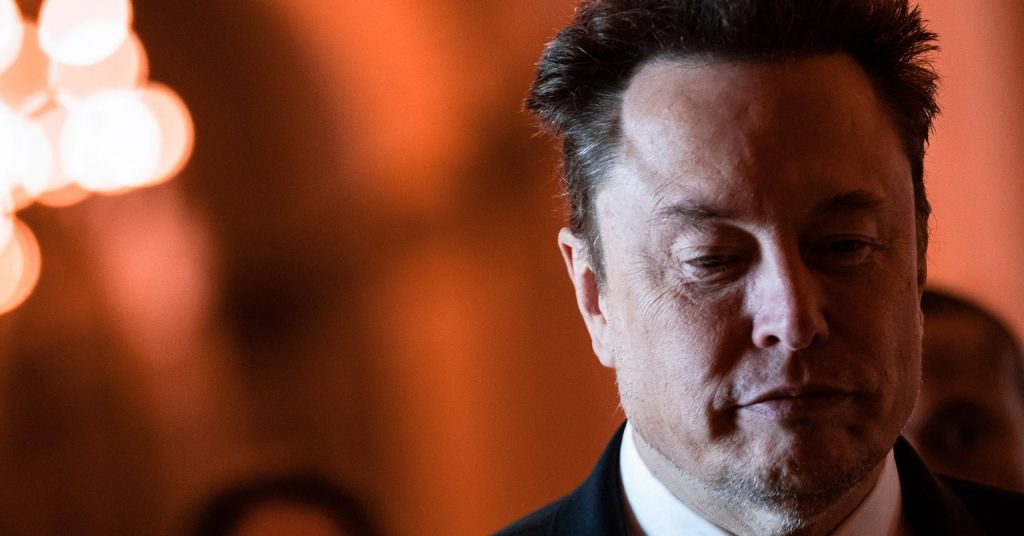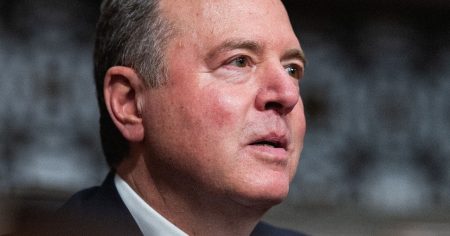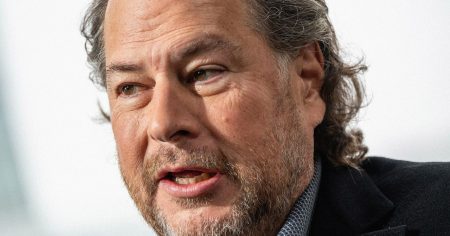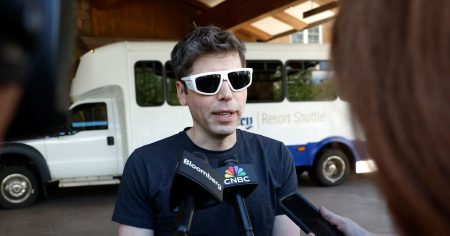WIRED has been writing about Elon Musk—he of the electric cars, space rockets, tunnel-boring machines, implantable brain interfaces, Mars mission, and internet shitposting—for a long time. He’s always been unpredictable. And yet the most shocking part of his two-hour interview with Republican presidential nominee Donald Trump, broadcast live on X earlier this week, may just have been what Musk didn’t say.
It happened around the 50-minute mark, during a very Trumpian discussion of gas and electricity prices. They were up nationally, Trump said, but “when that comes down and [sic] we’re going to drill, baby, drill.”
The siren song of the oil and gas industry! Literally: Drill, baby, drill! And Musk, he of the—I’m going to say it again—electric cars and “saving the world” schtick, didn’t pipe up until a full two minutes later, when he suggested that Trump set up a “government efficiency commission” to curb government spending. Later, he and Trump did have a brief exchange on the science of climate change. But Musk took pains to emphasize that the oil and gas industry isn’t the problem. “I’m pro-environment, but … I don’t think we should vilify the oil and gas industry, because they’re keeping civilization going right now,” he said.
This felt like a departure. Musk has spent a large chunk of his career casting himself as an environmental champion, sometimes going so far as to paint himself as the one man standing between the world and disaster. He has told the story of Tesla, in particular, as a hero’s journey to save the world through a transition to a sustainable energy economy. “I think I am objectively one of the world’s leading environmentalists in terms of doing things,” he said at an Italian political event last December.
In 2017, Musk told Rolling Stone about the clear existential threat of climate change with a flair that still feels familiar. “Climate change is the biggest threat that humanity faces this century, except for AI,” he said. “I keep telling people this. I hate to be Cassandra here, but it’s all fun and games until somebody loses a fucking eye. This view [of climate change] is shared by almost everyone who’s not crazy in the scientific community.” Musk has also regularly accused critics of carrying water for “fossil fuel companies.”
Oh, and remember that time (June 2017) that Musk quit three of Trump’s presidential councils after the US pulled out of the Paris climate accords? “Climate change is real,” he tweeted at the time. “Leaving Paris is not good for America or the world.”
Musk’s newer and wishy-washy approach to climate also reflects not only his very vocal embrace of far-right politics but also a new story he’s telling about Tesla. For the past few years, and especially as the chatter around artificial intelligence has hit a fever pitch, Musk has positioned his electric-auto maker as a path-breaker in robotic intelligence, too. In 2019, Musk announced that Tesla would have 1 million robotaxis on the road by the end of the year. (It didn’t). More recently, Tesla reportedly shifted resources from building a more affordable electric car, the mythical Model 2, to releasing a purpose-built robotaxi, even though the company has yet to reveal any true self-driving technology. (An unveiling event is scheduled for October.) Musk has said repeatedly that Tesla is an AI and robotics company and should be valued by investors as such. If Musk is backing off his endorsement of climate change science, it’s reasonable to ask if that relates to his marketing pivot for the most valuable car company in the world.
Read the full article here















